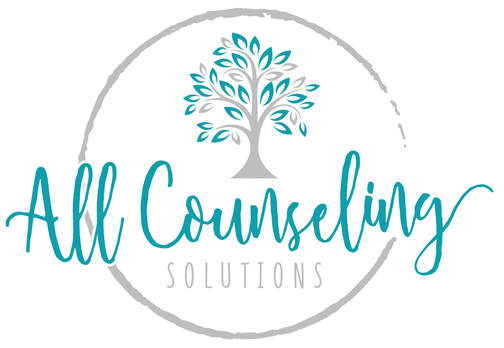|
Society, culture, family dynamics. The magic trifecta! From an early age these 3 things teach us and instill in us several directives. One, among the many, is that emotions are not to be worn on the sleeve; meaning, keep what is going on inside of you and keep moving forward. Yes, I know that the messages we gleam from the all-prevalent trifecta varies depending on location and background. However, for many people out there (& many that come to see us in therapy), this is a very real experience. Clients of all ages and backgrounds have reported that growing up they were not allowed or encouraged for emotional expression. Listen, this is WAY more than your casual 3-year-old temper tantrum because you cannot buy your favorite chocolate bar at Walmart. No, this is plain and simple learning to articulate our emotional world and mind with the physical and mental experience of every day life. It exhausts me just thinking about it. But imagine growing up and being taught that it is NOT okay to be sad or to show frustration. This leads us to good ol’ anger.
Anger is a fascinating concept for me. Rather than focusing on all of the possible reasons for anger, I would like to draw a parallel from anger to depression. Crazy right?! Not at all. You see, in the late 1800’s, the German philosopher Friedrick Nietche (who was very much ahead of his time) came to the conclusion that “melancholy” (a past term used to describe depression) is a very internal state in which people are suppressing anger towards something, and in response to this complex emotional state, they turn this anger inwards to themselves and become depressed. It makes sense. It is easy to show anger externally, but living with anger inside of us can become exhausting to the point where we feel like giving up and not trying or persisting further… queue depression. Borrowing this idea from Nietche, Sigmund Freud ran wild with it. Albeit a few controversial opinions (classic Freud!!), he further developed this interesting idea. Going back to life growing up, for many it is unacceptable to show strong feelings. It is already challenging enough to identify what we are feeling, let alone communicate it to someone else. If we are in a context that does not foster and encourage emotional expression, it can create a lot of conflict and internal consistency within us. Many people come to therapy feeling unfulfilled, unworthy, and confused on what to do next. They highlight that they want to feel better and move forward while at the same time, they are holding onto extreme amounts of self judgement and criticism for past experiences. Think about how judgmental we are on ourselves today in the present moment. Does my hair look okay? Did I say the correct thing in that work meeting? I wonder what they think about me? It truly does not end. I would argue that it is even worse for the past version of ourselves. We can be our biggest critiques, but very rarely are we actually our biggest supporters. Beating yourself up and criticizing past actions and behaviors is a form of self-harm. Self -harm, like many things in psychology, exists on a spectrum. From self-mutilation to consistent rumination on our past failures are both examples of not being kind and not prioritizing ourself. It can present differently, but underlying this is that idea of repressed anger that we have towards ourselves. Why would we judge our past selves based on the facts that we know today? Anger at ourselves eventually can lead to depression. To make it worse, a vicious cycle is created in which the angrier we become, the more likely we are to become more withdrawn and the more our resentment grows within ourselves, feeding into depression and seclusion. How can we break the cycle? How can we identify the complex emotions that come along with existing? How do we learn to be kind to ourselves and prioritize our own self when we were not only never taught to do so, but we were discouraged to ever do such a thing? In some ways, we are truly going against every instinct we have to self-protect when we try to reverse this cycle. You will not like my answer. We practice. It is fairly old school, this I know. However, in many aspects, it is all we can do. We practice being kind to our past and present selves, we give ourselves the grace we give others, and we try to surround ourselves with supportive and encouraging individuals. As a young adult, it is hard to “make friends”. We are caught between our college/ graduate school selves versus the mentors and those with more experience we look up to. The comparison game can start early, so let's catch it and put an end before it develops. Whoever is reading this, you are where you are in this moment but you can make choices to stay where you are or make some changes. Let this be an encouragement to begin the self care process, even on the hardest days. Anger can appear more than just screaming and breaking things. Depression is way more than just tears and solitude. Let us all try to keep our eyes and hearts open to those hurting. Why? Because you are all worth it.
0 Comments
Vanilla Ice was on to something. Sure, his song was about something else but the message is similar to what this post will explore. All right stop, lets collaborate and listen!
Biology has taught us that humans are not made to live in stress 24/7. When we experience great stress, our bodies are triggered into “fight or flight”mode. When this occurs, our hearts race, we breathe rapidly, and we focus on the immediacy of our next actions. Back in the day this was useful for killing an animal to provide for our family and tribe during hunter/ gathering times. However, nowadays this kicks in when we sit in front of our computer screens and anxiously type up a report that was due last week or we sit and wait in our bosses office because we have been late one too many times. We are seeing alarming rates of individuals, young and old, reporting crippling levels of anxiety. And no, it is not because we are a “weaker” generation. It is because now, more than ever before, people are piling work onto their to do list that NEVER ends and there is no reprieve. Truly. Thanks to the smart phone, we are never more than a few steps away from another email to respond to or assignment to work on. Never before have humans been so accessible, and this has come at a cost to our mental health. In therapy, we have seen so many individuals this year reporting debilitating anxiety. Many come into the office and discuss their anxiety as if they are surprised they experience it. This always catches me off guard when I ask clients to detail their day to me and they begin with, “Oh well nothing too crazy, just a normal 8-5 workday then a quick trip to gym, followed by a run to the store, then a fast dinner, and a few minutes catching up on notes and emails and then I try to fall asleep around 11 but I just do not seem to drift off till 1-ish and then I wake up at 6 to start it over again”. Do not get me wrong… I love the gym! However, I hear countless individuals recount their average day and it does mirror something like this. In these accounts, I hear no example or time set aside for true self-care. No, it is more than getting your nails done! Self-care is any activity that someone can do to promote health and well-being. 2020 has quite literally tried to wreck our physical, emotional, and mental health. We must fight back by prioritizing that so we can be the BEST versions of ourselves. As I mentioned above, our bodies were not meant to live in stress 24/7. The hustle and bustle of the 21st century encourages us to keep on the grind, sleep only 5-6 hours, and wake up before the sun! Yes, these things can be great and really help us achieve our goals. However, if you are starting to notice maybe your heart is racing more than normal, you are having a harder time falling asleep at night, or you are more “snappy” to your spouse or partner, take note. You might just be stuck in that fight or flight mode and your body might be telling you to relax and take some time to breath… or to do your nails! As always we are here to help, please don’t ever hesitate to get the help you need! Ho ho ho! Merry Christmas! Hold on. Before we start hearing jingle bells and thinking about New Year’s Resolutions, we get a wonderful day – preferably filled with loved ones and turkey – to really reflect on what we are thankful for. However, many of us are from families that are not as close, may be separated, or just nonexistent… whatever the case may be, you are not excluded from the Thanksgiving conversation. Whether it is Aunt Lucy hogging all the mac and cheese casserole or feeling we have no one to celebrate with and are by ourselves, our challenges are unique and individual. But no matter what family or social dynamic we find ourselves in for the holidays, we are more than likely going to experience some level of stress or anxiety. Thanksgiving, ideally a day we reflect on what we are thankful for, can drum up a lot of mixed emotions so it is important we arm and prepare ourselves. Here are 3 quick and dirty ways you can focus on positivity and gratitude during a time when maybe it is hard to feel or notice things to be grateful for.
2. Do not be afraid to be thankful for YOU! 2020 has been CRAZY to say the least! Please do not hesitate to count yourself in your blessings when trying to be thankful during Thanksgiving. You lived through one of the most unexpected and challenging pandemics that has plagued the earth in over a century. You have either had to navigate the new world of Zoom or some other internet platform to take over work and/or schooling. Also, you have had to make your own sacrifices with friends and family this year too. It has not been easy. However, you have not only survived, but thrived. Be kind to yourself and recognize the strength that you have shown and have had this past year. 3. Resist “Mask wearing” As we touched on above, 2020 has been hard. It can seem like we have to put on a good face for the holiday season and mask what we are truly feelings. I encourage the complete opposite. Do not suppress your negative emotions or feelings. Instead, acknowledge them and share them with a trusted friend or family member. Proceed after doing this giving yourself the grace to not avoid your emotional state. Resist the urge to paint on a smile and maybe replace your responses of “everything’s great!” or “no, I am actually super happy!” with “eh, not so good overall but I am moving forward” or “I have good days and bad days”. Being willing to be more authentic and vulnerable in our relationships offers us a safe space. It may also surprise you with how others might feel more comfortable to share with you their own struggles, too. Wherever you find yourself this Thanksgiving, please practice the three things listed above to better help you find peace and gratitude this year. When we stop comparing our lives to others, say a word of thanks for ourselves, and not be scared to share how we really are feeling it offers much more opportunity to enjoy the holiday. Be kind to yourself this Thanksgiving and take time to rest and reflect on the positives, you are worth it. If you do feel overwhelmed or are struggling during these times please reach out for help and don't go it alone, a friend, family member, or even a great therapist can truly be a life-saver! Written by Therapist Hanna C. Last month, the World Health Organization (WHO) officially adopted “Gaming Disorder” as a mental health diagnosis in the 11th Revision of the International Classification of Diseases (ICD-11). The official definition is, “a pattern of gaming behavior (“digital-gaming” or “video-gaming”) characterized by impaired control over gaming, increasing priority given to gaming over other activities to the extent that gaming takes precedence over other interests and daily activities, and continuation or escalation of gaming despite the occurrence of negative consequences.” It includes gaming on any platform: cell phones, tablets, computers, and consoles. The diagnosis will fall under the ICD’s section on addictive disorders.
The issues/questions surrounding gaming addiction are nothing new and remain controversial; however, adding gaming disorder as an identifiable and diagnosable problem aids treatment. If there are people that fit this description and want to seek help, it will be much easier for them to get insurance reimbursement for therapy if this is a recognized mental health diagnosis. That can be a huge relief to people and/or parents who are seeking help. For example, there are some young kids and teens that will stay awake all night playing Fortnite. In turn, their grades and mood suffer. This could warrant attention since video gaming is causing problems in other important areas of their life. Diagnosing any mental health condition is not an exact science. There are no blood tests or x-rays to be done. So the question for people and parents is this: When does an interest/hobby cross the threshold to become a gaming disorder? It’s not clear but the key symptoms are this:
Even when you’re having a bad day, pets seem to have an uncanny ability to make you smile. Can the advantages of owning a pet go beyond that and positively impact your overall mental health? Research says yes.
Pets reduce loneliness: We live in a world where we are more connected than ever – on social media. But we’re physically very disconnected. Having a pet provides a bond and constant companionship that helps reduce feelings of isolation and loneliness. In addition, pets make great listeners and give you someone to chat with without any judgement. Pets give us purpose: The need to care for another living being often gives us a reason to wake up in the morning. This can be especially important for the elderly who live alone or in a nursing home. Waking up to feed a cat or small bird can provide a sense of purpose in life. The act of care taking has remarkable mental health benefits – it is even true for pets that do not interact much with their caretakers, such as turtles, crickets or fish. Pets promote socialization: Having social support gives a sense of well-being and belonging. Having a dog encourages you to go outside, enjoy nature and interact with your neighbors. Research shows that people who walk their dog are more likely to report feeling a strong sense of community compared to people who did not own a dog. Pets reduce depression: Feeling helpless, empty or overwhelmed with persistent sadness? Research shows that pet owners tend to have lower rates of depression. Pets give you something else to focus on other than those nagging negative thoughts. They provide distraction from symptoms of mental health disorders and help people better manage their emotions. Additionally, they provide unconditional love and acceptance, which often improve mood and overall well-being. Pets reduce anxiety: Pets are great at sensing emotion and often seek people out when they are feeling distressed. Many people with anxiety report feeling calmer after simply petting an animal. Science has proven that for people with acute stress or anxiety, having a pet can reduce physical symptoms of stress (such as tachycardia, hypertension, sweating), and also raise our levels of serotonin and dopamine. One interesting study by the CDC, even showed that having a dog may protect children from feelings of stress and anxiety and thus have a better chance of becoming happy, healthy teenagers. Improve physical health: Pets not only improve our mental health, but they also positively impact our physical health. One of the earliest research studies regarding pets and human health showed that when people pet friendly dogs, their blood pressure goes down, heart rate slows, breathing becomes regular and muscle tension relaxes (all big signs of reduced stress and anxiety). Although pets are great for mental health, they are not for everyone. It is important to determine what you can provide to an animal before bringing them into your home. Think about the long term and what each pet’s requirements will be and the impact that will have on your life and your routine. For example, people with extreme social anxiety may be triggered by the thought of having to walk a dog around the neighborhood or visit a local dog park. They may benefit more from a cat, bird or plant that can be cared for at home. Make the right decision for you and the animal. If you do not have ability to own a pet, consider volunteering at your local animal shelter! Whether you see it coming or not, breakups are never easy. Especially ones that end a serious, long term relationship. The experience of a breakup is painful, complicated and challenging but it may be an opportunity to learn more about yourself and experience personal growth. You can also learn a lot about the type of relationship you truly want in the future. Below are just a few tips on how to cope with the end of a long term relationship.
Ready or not - Valentine’s Day is right around the corner. For many of us, a major goal in life is to be in a healthy, lasting relationship. But relationships are tricky and there is no shortage of dating advice out there. How will you know if the relationship you’re in has lasting potential? Once the initial rush of attraction has faded, what really sustains a relationship over time? Although all relationships are different, research has found common patterns that tend to arise in successful relationships.
No one likes to worry but we worry all the time. Some of us struggle with it more frequently and to a greater degree but no matter where we fall on the worry severity spectrum, most of us would probably like to worry less. Worrying can be a self-sabotaging habit that can decrease your happiness and drain your energy. Luckily, there are researched based ways to help! Here are 3 tips for how to worry more effectively:
Anger can be a difficult emotion – even for adults. As parents, your job is to give your child the tools they need to process/express their emotions effectively. Instead of letting anger cause destructive behaviors, help them understand their emotions and deal with them in a healthy, productive way.
1) Identify your emotions: Before a child can start to manage their anger, they need to be able to recognize their anger. Labeling emotions should start at a young age. It is important for children to understand that feelings and emotions are ok – even anger. Explain that it is ok to feel angry or frustrated but it is not ok to act destructively. It is ok to feel angry if your sister takes your toy but it is not ok to hit your sister or throw your toys. “Ok” and “Not ok” are easy, clear labels for children to understand. 2) Investigate the reason behind the anger: If your child is experiencing anger or lashing out often, there may be an underlying issue to address. There are many different reasons why a child may feel angry. Some examples may be bullying at school, lack of attention, feeling misunderstood, issues at home (divorce, loss, new baby), etc. If you’re able to pinpoint a reason, start to use constructive problem solving to help remedy the situation. 3) Develop coping skills with your child: Teach your child to make healthy choices as soon as possible when they start to feel angry. Once they recognize they are feeling angry, there should be a plan in place. This could be walking away, deep breathing, coloring, reading, etc. 4) Model appropriate behavior: If you have a habit of losing your temper, be aware that your children will often model this behavior. It is easy to stay calm when things are going well but it takes effort to stay calm when things get frustrating or out of hand. As hard as it may be, stay calm and in control of your emotions so that you can be a positive role model for your child 5) Make sure you are not rewarding angry outbursts: Sometimes children may have an angry outburst because they have been taught that it is an effective, quick way to get attention or get what they want. Often times (especially in public), parents will give the child what they want to quiet the situation and avoid unwanted attention from others. Try not to give into your child’s temper tantrum. Rewarding bad behavior can encourage worse behavior. 6) Create a “Calm Down Kit:” This kit serves as a tool box with activities or other items to help encourage them to take responsibly for their emotions. Some great ideas for your kit are stress balls, coloring books, crayons, putty, and puzzles. 7) Promote empathy: Once the situation has calmed down, use that opportunity to start a conversation with your child. “Remember when you were frustrated and you hit your brother? Has anyone ever hit you? How did that feel? How do you think it made your brother feel? What can you do next time you get frustrated with your brother?” Help them to see how others feel about their actions. 8) Utilize positive reinforcement: Praise them for positive behaviors. Some families even find it helpful to use a reward system, such as tokens or points, which they can redeem for a treat or new toy. 9) Use communication: If your child is having frequent, predictable outbursts around the same times such as bedtime, time to turn off video games, homework time, etc. it can be effective to establish time warnings. This would mean stating, “In 5 minutes, it is time to turn off the Xbox and do homework.” Communicate your expectations and hold your child to them. 10) Establish consequences: Used effectively, establishing consequences can be one of the most useful tools in helping you and your child deal with anger. Consequences are used to decrease undesirable behaviors. An important point to remember is to give consequences based on the bad behavior and not the feelings of anger. These consequences should be easily enforced and thought about head of time. Examples are loss of privileges, loss of toys or electronics, or short time outs (or “time ins”). If you are having a difficult time helping your child develop healthy anger management skills, don’t hesitate to seek professional help. Therapists can help identify any underlying issues your child may be experiencing. Therapists can also help teach appropriate strategies and coping mechanisms to children of all ages. 2019 is officially upon us. Many people have a fantasy that January 1st is going to be the day they start a new and improved life – a fresh start, a new (maybe healthier) you. We shoot for the moon and make big goals to lose weight, quit drinking, get organized or save more money. Four weeks later, we’re right back where we started. What happened? The truth is, only about 8% of people actually keep their New Year’s Resolutions, so odds are if you look around - you are not alone. Here are 3 things to do year round to better yourself and reach those tough goals:
“May all your troubles last as long as your New Year’s Resolutions” – Joey Adams |
AuthorAll Counseling Solutions is focused on helping families and individuals find hope and solutions through proven therapeutic counseling techniques.
Archives
March 2021
Categories |
Professional, Dedicated, Solution-Focused Counseling in Macon, GA
What Our Clients Are Saying
"I initially was unsure and embarrassed to reach out for help but I took a leap and am extremely happy that I reached out to Jon. He is a fantastic counselor and I truly felt heard. He took the time to problem solve with me. I felt like he really cared about what was going on in my life. Two thumbs up for All Counseling Solutions!"
|
Contact Info
Call Now with Any Questions: 478-973-4117
Email: [email protected] Address: 193 Pierce Ave. Macon, Georgia 31204 |
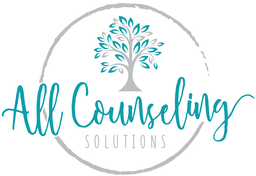

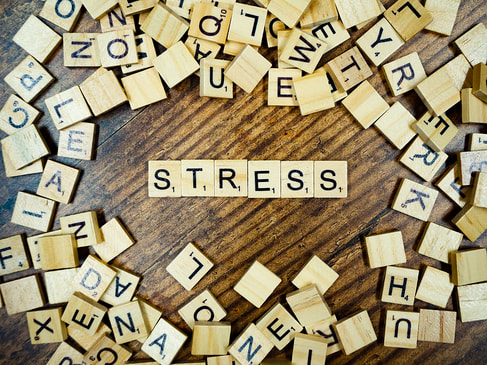



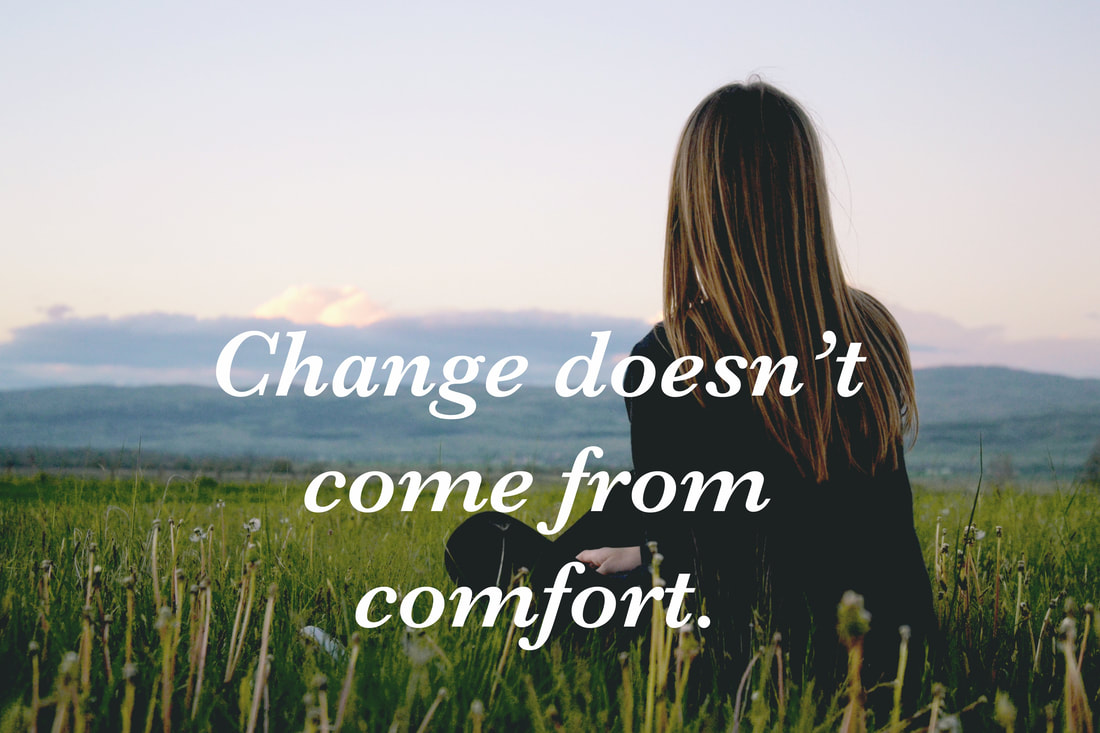

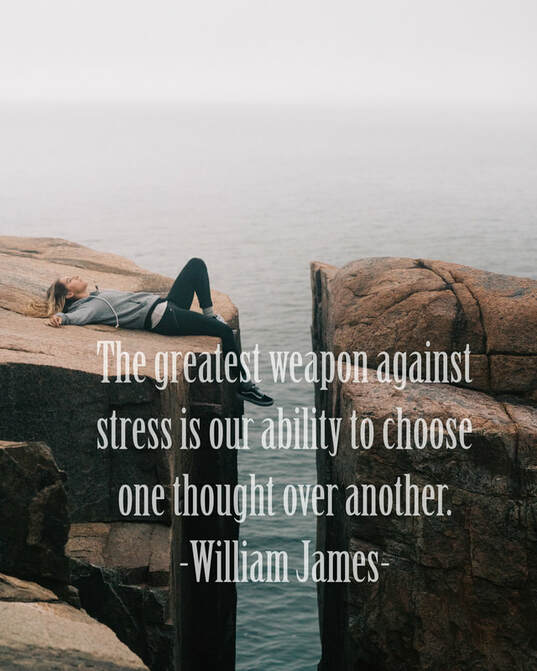
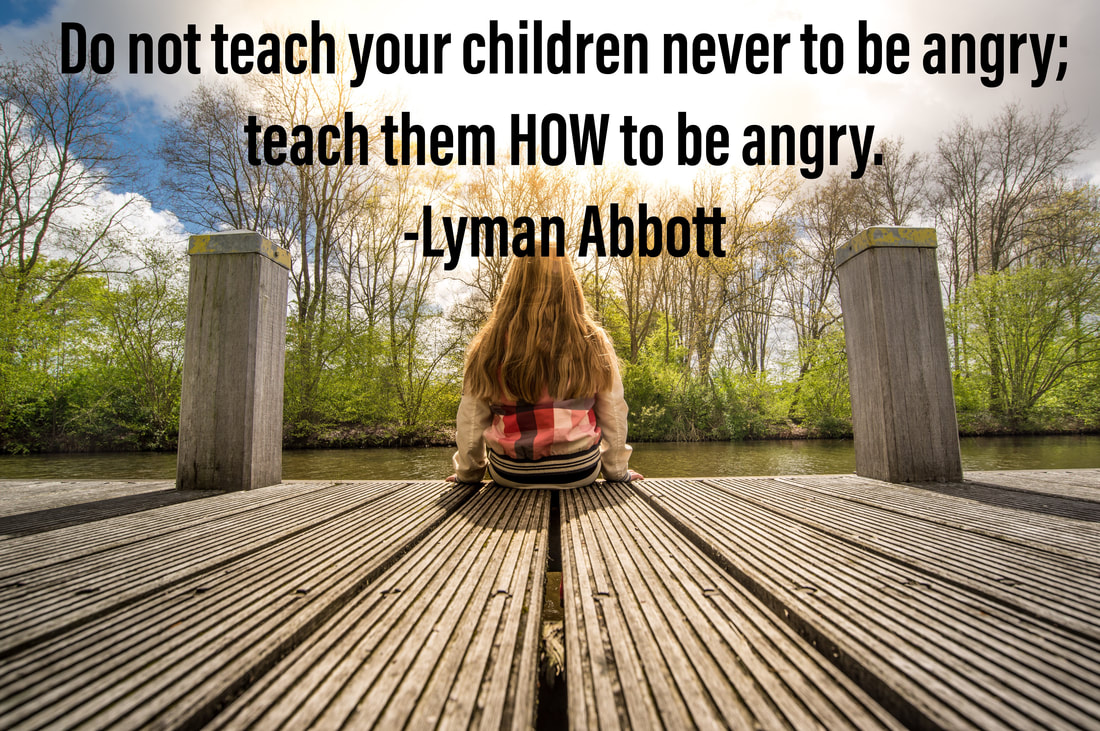

 RSS Feed
RSS Feed
